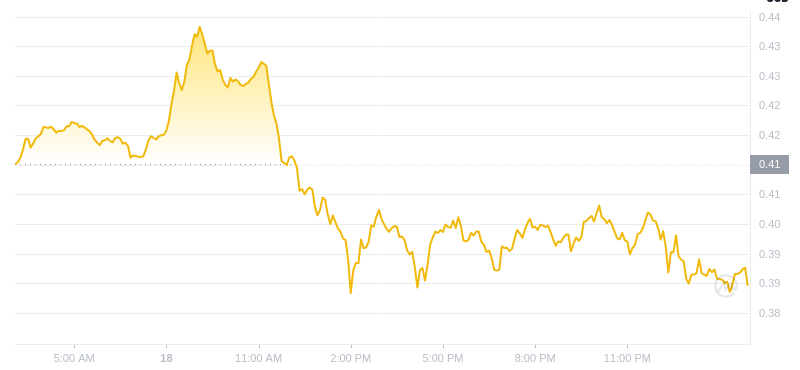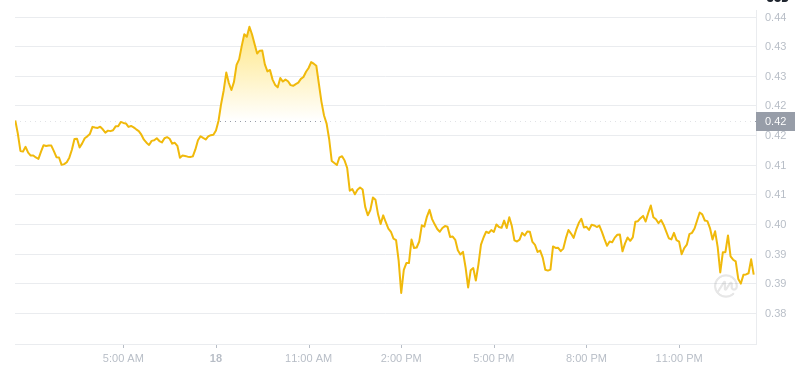
Carbon Credits: Combating Climate Change Through Market Incentives
Carbon credits play a crucial role in tackling climate change by motivating businesses and nations to reduce greenhouse gas emissions. They establish a monetary value for emissions, creating a market-driven approach to environmental accountability and sustainable practices. This mechanism not only supports climate adaptation and mitigation projects globally but also promotes international cooperation. Recognizing this significance, Ghana and Singapore have partnered to utilize blockchain technology to enhance the efficiency, transparency, and scalability of carbon credit trading.
Strengthening Ghana's Leadership in Africa's Carbon Markets
The Environmental Protection Agency (EPA) of Ghana has finalized an agreement to integrate the Ghana Carbon Registry (GCR) into a blockchain-driven Internationally Transferred Mitigation Outcomes (ITMO) network. This builds upon an earlier arrangement aimed at enabling the digital trade and settlement of ITMOs between both nations.
Under Article 6.2 of the Paris Agreement, ITMOs serve as a carbon credit mechanism to encourage climate-related initiatives and contribute to global climate change mitigation. These credits can be exchanged across borders, providing a means of financing projects focused on climate adaptation and mitigation.
The operationalization of ITMOs enhances Ghana's standing as a leading player in Africa's carbon markets. Simultaneously, the agreement with Singapore's ZERO13 reinforces the latter's status as a central hub for carbon credit trading in Southeast Asia. Executive Director of Ghana's EPA, John Kingsley Krugu, stated:
"Through the collective efforts of the EPA and other organizations, Ghana has demonstrated its capability to lead and actualize Article 6.2 ITMO-related activities as part of its cooperative agreement with Singapore."
This collaboration allows Singaporean firms to acquire high-quality carbon credits from Ghana-based initiatives, supporting their efforts to meet emissions reduction targets. Zero13 CEO Hirander Misra praised the partnership with GCR, emphasizing that it illustrates the significant role technology plays in promoting effective climate action.
Global Adoption of Blockchain Technology for Carbon Credit Trading
Beyond Ghana and Singapore, other countries have embraced blockchain technology to advance their carbon credit trading systems. For instance, China has implemented blockchain-based platforms to improve transparency and accountability in its national carbon market, which is the world's largest. Chile has explored blockchain solutions to track and verify carbon offsets for renewable energy projects, enhancing trust and reducing transaction costs. India has partnered with various tech companies to develop blockchain-driven solutions that facilitate carbon trading and support environmental initiatives. Moreover, Canada has leveraged blockchain to optimize carbon credit tracking and trading within its emission reduction projects. By integrating blockchain technology, these nations aim to enhance transparency, efficiency, and accuracy in the global carbon credit market while fostering international climate cooperation.


 DogeHome
DogeHome Crypto Daily™
Crypto Daily™ crypto.news
crypto.news Crypto Intelligence
Crypto Intelligence TheCoinrise Media
TheCoinrise Media Thecoinrepublic.com
Thecoinrepublic.com Crypto News Land
Crypto News Land CFN
CFN DogeHome
DogeHome






















